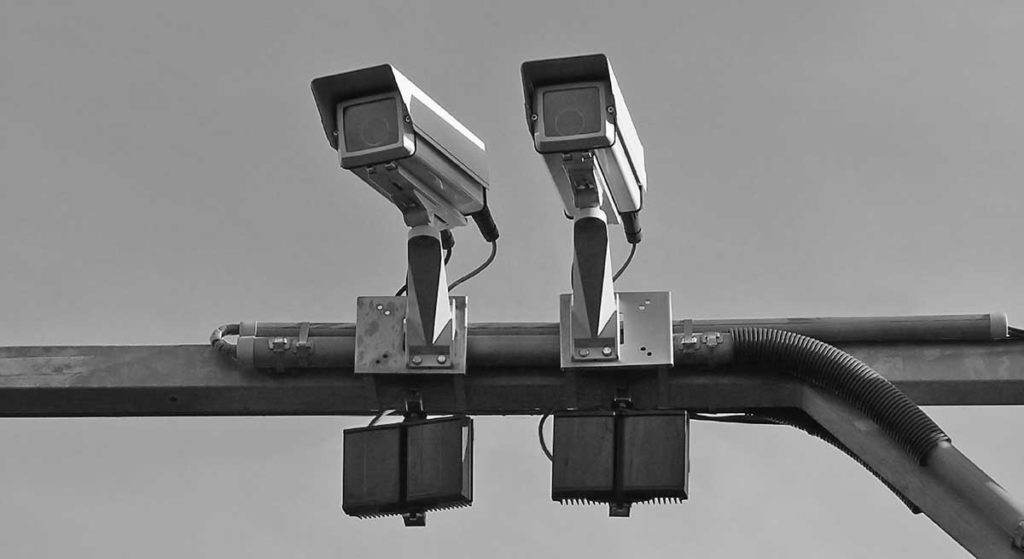Update: November 12th is the day Berkeley’s automated license plate reader policy hits the council.
Berkeleyside: Berkeley Is Being Bamboozled
Update: On September 4, 2019, Berkeley’s Police Review Commission, which is empowered by the surveillance ordinance to provide recommendations regarding surveillance equipment usage polices, passed on the proposed license plate reader policy with two caveats – a) that the policy represented an expansion of scope beyond parking enforcement purposes and b) that the usage clause to “canvasss any crime scene” was unacceptably broad. The caveats allowed two commissioners to vote yes who were otherwise unwilling to do so, thus allowing the policy to move through the commission. The final vote with the caveats was 6-2-1. The license plate reader policy will be brought to the Council by BPD chief Greenwood later this fall.
In March of 2018, Berkeley passed a surveillance transparency ordinance. Nine months earlier, in July of 2017, the City Council (with 3 dissenting votes) expanded the City’s license plate reader “pilot program” by adding 15 additional readers and making the program permanent. At that meeting, the purpose of the ALPR equipment was clearly defined as parking enforcement and the issuing of parking citations.

Fast forward to 2019, and at a Police Review Commission subcommittee meeting on August 7th, things were a bit different.
A proposed license plate reader policy adds on such law enforcement uses as:
“Supporting a patrol operation or criminal investigation”
“Canvassing license plates around any crime scene”
Third party data-sharing of any license plate data is also proposed to be fully authorized with any outside law enforcement or prosecutorial agency for any official law enforcement purpose, absent federal immigration enforcement officials.
Below is video documentation of the 7-11-2017 approval of the license plate reader acquisition. Being the Berkeley City Council, the discussion is somewhat lengthy at 40 minutes, but one thing is crystal clear. The purpose of the program was understood as parking enforcement and parking enforcement only.
Berkeley’s community needs to decide if it will endorse or oppose this after-the-purchase shift.
We’ve pulled out a few quotes if you don’t have 40 minutes to watch the whole thing.
Staff: The purpose of the ALPR equipment is to replace chalking tires.
Mayor Arreguin: According to the grant guidelines, the grant funds are restricted to the support of the GO-Berkeley parking program.
Councilmember Hahn: I looked at the adminstrative policy (01-2016) and it is leaky. The holes need to be plugged in this policy because it has a lot of holes.
Mayor Arreguin: I think it’s important to keep in mind that the whole reason this process is in place is to increase turnover so people can park in our city,.
Councilmember Harrison: I’d like to see us use this data for our own traffic enforcement purposes. I’m not comfortable. I don’t know if there is any way to do this with just the parking piece and not the other purposes.
Staff: The 365 day data retention is only for parking violations. It’s a very Berkeley-centric program. The data is not going elsewhere.
Mayor Arreguin: What I heard you say Madam City Manager is that you would support amending the policy to say that data will not be released or used for law enforcement purposes other than the purposes necessary for parking enforcement, until such time as a surveillance policy is implemented.
Councilmember Davila: I think we should figure out a way to do this without surveillance.
Then councilmember Worthington: With Councilmember’s Harrison amendment on surveillance, we’ve had assurances that it hasn’t been released, it’s not planned for it be released, it’s can’t be released even if somebody wants too, and I predict that once we get our surveillance policy, it still won’t be released to anybody.
